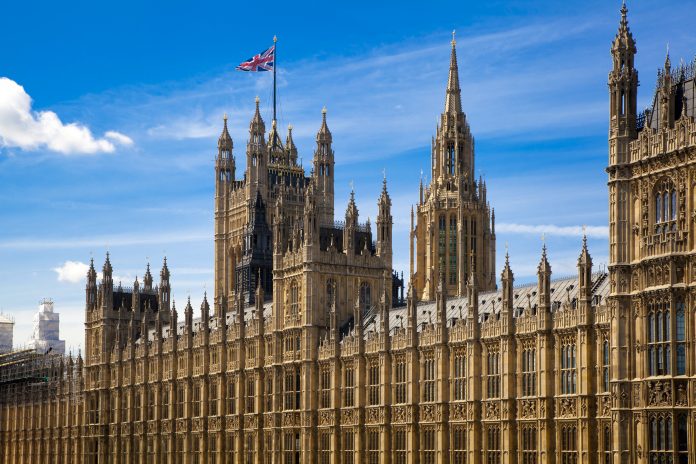Government has published details of the UK’s temporary tariff regime for no deal, designed to minimise costs to business and consumers while protecting vulnerable industries
Government has this morning (13 March) published details of the UK’s temporary tariff regime for no deal, designed to minimise costs to business and consumers while protecting vulnerable industries. The government is publishing this approach ahead of the vote in Parliament on No Deal to ensure MPs are fully informed.
This regime is temporary, and the government would closely monitor the effects of these tariffs on the UK economy. It would apply for up to 12 months while a full consultation and review on a permanent approach to tariffs is undertaken.
British businesses would not pay customs duties on the majority of goods when importing into the UK if we leave the European Union without an agreement.
Under the temporary tariff, 87% of total imports to the UK by value would be eligible for tariff free access.
Tariffs would still apply to 13% of goods imported into the UK. This includes:
- A mixture of tariffs and quotas on beef, lamb, pork, poultry and some dairy to support farmers and producers who have historically been protected through high EU tariffs
retaining a number of tariffs on finished vehicles in order to support the automotive sector and in light of broader challenging market conditions. However, car makers relying on EU supply chains would not face additional tariffs on car parts imported from the EU to prevent disruption to supply chains - In addition, there are a number of sectors where tariffs help provide support for UK producers against unfair global trading practices, such as dumping and state subsidies.
Tariffs would be retained for these products, including certain ceramics, fertiliser and fuel
to meet our long-standing commitment to reduce poverty through trade, the government currently offers preferential access to the UK market for developing countries. To ensure that access for developing countries is maintained, we would retain tariffs on a set of goods, including bananas, raw cane sugar, and certain kinds of fish.
Trade Policy Minister George Hollingbery said:
“Our priority is securing a deal with the European Union as this will avoid disruption to our global trading relationships.
“However, we must prepare for all eventualities. If we leave without a deal, we will set the majority of our import tariffs to zero, whilst maintaining tariffs for the most sensitive industries.
“This balanced approach will help to support British jobs and avoid potential price increases that would hit the poorest households the hardest.
“It represents a modest liberalisation of tariffs and we will be monitoring the economy closely, as well as consulting with businesses, to decide what our tariffs should be after this transitional period.”
The government has also confirmed today that it will take a temporary approach to avoid new checks and controls on goods at the Northern Ireland land border if the UK leaves the EU without a deal. The UK’s temporary import tariffs will therefore not apply to goods crossing from Ireland into Northern Ireland.
These tariffs would apply equally to all other trading partners, except for those where we have a free trade agreement in place and around 70 developing countries that will benefit from preferential access to our market.
Barry Gardiner MP, Shadow International Trade Secretary, commenting on today’s publication of a No Deal tariff regime, said:
“We now see the consequences of the government’s failure to negotiate a workable agreement with the EU. UK companies will now face competition from a flood of cheap imports that undercut them putting thousands of jobs here at risk. It is extraordinary that the government has instituted these measures without consulting business and giving no time for them to prepare or adjust.
“In a No Deal scenario, when our exports to the EU would be subject to new tariffs making them more expensive to EU consumers this is a double whammy on UK manufacturing. The fact that government has exempted cross border trade with Ireland only opens up a backdoor route for smuggling and risks creating the very divergence of customs regimes between Northern Ireland and the rest of the UK that parliament has been so determined to avoid.
“This has been rushed through to avoid a surge in consumer prices. Labour’s alternative would mean zero tariffs remain where zero tariffs already exist and would ensure continuity of existing trade without the threat of dumped goods from overseas undermining our producers.”
The government will lay the appropriate legislation in light of the outcome of the vote on no deal today (13 March).




![Europe’s housing crisis: A fundamental social right under pressure Run-down appartment building in southeast Europe set before a moody evening sky. High dynamic range photo. Please see my related collections... [url=search/lightbox/7431206][img]http://i161.photobucket.com/albums/t218/dave9296/Lightbox_Vetta.jpg[/img][/url]](https://www.openaccessgovernment.org/wp-content/uploads/2025/04/iStock-108309610-218x150.jpg)






